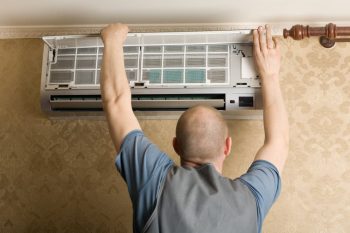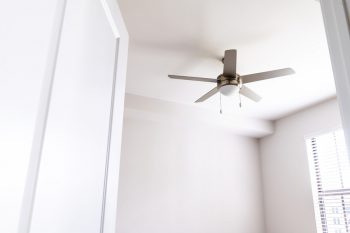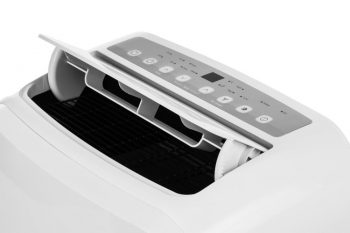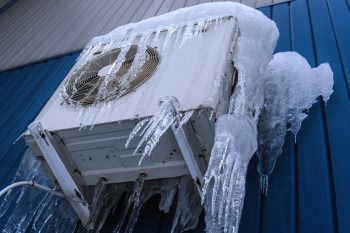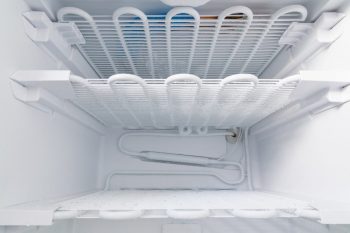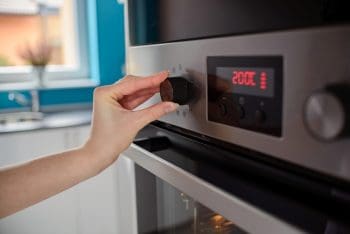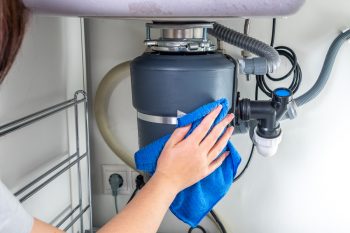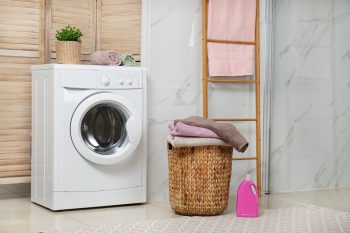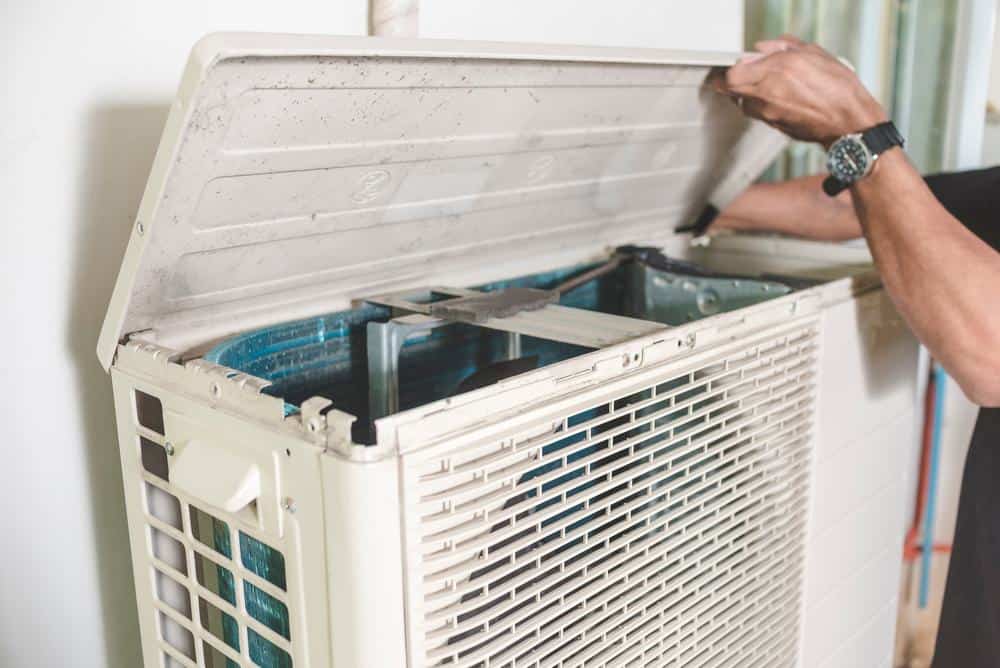
Maintaining a comfortable temperature in your home is crucial, especially during those hot summer months. However, if your once quiet and efficient air conditioner starts getting louder, it can be both annoying and a sign of potential problems. In this comprehensive guide, we will explore why your air conditioner might be getting louder and what you can do about it.
Your air conditioner may be getting louder due to several reasons such as buildup of dust, dirt, and debris, a failing compressor, bad blower motor bearings, mechanical damage, electrical problems, loose or damaged belts, refrigerant leaks, or clogging due to outdoor debris. Regular maintenance can prevent these issues and reduce the noise level. However, if the noise persists, it’s best to seek professional help to diagnose and fix the problem.
Common Reasons for a Noisy Air Conditioner
There are several reasons why your air conditioner may start getting louder:
- Buildup of Dust, Dirt, and Debris: Over time, dust and debris can accumulate in your air conditioner, causing it to work harder and become noisier.
- Failing Compressor: The compressor is the heart of your AC system. If it starts to fail, it can cause loud noises such as humming or buzzing.
- Bad Blower Motor Bearings: Damaged bearings in the blower motor can lead to screeching or grinding noises.
- Mechanical Damage: Loose or misaligned parts can cause rattling or clanking noises.
- Electrical Problems: Issues with the electrical components can result in humming or buzzing noises.
- Loose or Damaged Belts: A loose belt on a blower fan can cause screeching noises.
- Refrigerant Leak: A high-pitched whistling noise can indicate a refrigerant leak, which is not only damaging to the AC unit but also harmful to your health.
- Clogging due to Outdoor Debris: Rattling noises can often be caused by branches, leaves, or other outdoor debris getting stuck inside the AC unit.
If you notice any unusual noises coming from your air conditioner, it’s essential to have it inspected by a professional to diagnose and fix the issue. Ignoring the problem may lead to more significant damage and costly repairs.
How Different Components Contribute to the Noise Level
Different components of an air conditioner contribute to the noise level in various ways:
- Compressor: The compressor is the loudest part of an air conditioner. As the vibration pads used to mount the compressor to the metal casing wear off, the noise level increases.
- Fans: The fans in an air conditioner, both in the indoor and outdoor units, are responsible for a significant portion of the noise. The design and shape of the fan blades, as well as the fan speed, can affect the noise level. Variable-speed fans that run at different speeds depending on the needed heating or cooling levels are generally quieter than those that always run at full speed.
- Motors and Mechanical Components: The motors and other mechanical components in the compressor, such as valves, can wear off over time, contributing to the noise level.
- Indoor Unit: The indoor component of an air conditioner has a blower fan that circulates the air in your home. Variable-speed blowers, which operate at different speeds, can help reduce noise levels.
- Installation and Mounting: If the air conditioner is poorly mounted, it can cause loud vibrations to reverberate throughout the house.
When to Seek Professional Help
A loud air conditioner can indeed indicate a serious problem that requires immediate attention. Some problematic noises and their possible causes include:
- Humming: An issue with the fan motor or partially blocked fan due to dust, dirt, or debris.
- Buzzing: Electrical faults in the system.
- Clicking or Popping: A defective relay or failing thermostat.
- Squealing: A slipped blower motor belt, worn condenser bearings, or a failing compressor.
- Rattling: Debris in the system, loose parts, or damaged fan blades.
- Hissing: Air leaks in the system or a refrigerant leak.
If you notice any of these noises, it is advised to call a professional HVAC technician for assistance. Catching the problem early could save on potential repairs and prevent further damage to your air conditioning unit.
Regular Maintenance: Prevention is Better Than Cure
Regular maintenance can prevent an air conditioner from becoming louder over time by addressing potential issues before they escalate and ensuring the system operates efficiently. Regular maintenance includes cleaning or replacing air filters, tightening loose screws, inspecting and cleaning fan blades, checking the compressor and condenser, and scheduling regular AC maintenance.
DIY Solutions to Reduce Noise
There are several DIY solutions to reduce the noise of an air conditioner, including installing a sound blanket or a fence around the unit, soundproofing your house, placing the unit away from doors or windows, cleaning and maintaining your air conditioner, using vibration control, and upgrading to a newer, quieter model.
Conclusion
A noisy air conditioner can be a nuisance and a sign of a serious problem. However, through regular maintenance and appropriate steps, you can reduce the noise level of your air conditioner and ensure that it operates efficiently and quietly. Remember, if your AC unit starts making unusual noises, it’s always best to consult with a professional HVAC technician.
Frequently Asked Questions
What is a compressor in an air conditioner?
The compressor in an air conditioner is a major component that circulates the refrigerant necessary for heat exchange through the coils of the indoor and outdoor units. It’s often referred to as the heart of the system as it’s responsible for heat transfer.
What is the impact of a refrigerant leak on my health and the environment?
A refrigerant leak can be harmful to your health, causing symptoms such as headache, nausea, and irritation to the eyes, ears, and throat. Exposure to large amounts of refrigerant can cause asphyxiation. Moreover, refrigerants are known to contribute to global warming, so a leak can also have an environmental impact.
How often should I schedule regular AC maintenance?
Regular AC maintenance should ideally be scheduled at least once a year. This helps ensure that your air conditioner is functioning efficiently and any potential issues are detected early.
What is a sound blanket and how does it help reduce noise?
A sound blanket is a noise absorption product designed to dampen the noise produced by an air conditioner. It is usually wrapped around the compressor – the noisiest part of the unit – to help reduce the overall noise level.
How can I tell if my air conditioner’s noise level is normal or not?
Some level of noise is normal for an air conditioner, especially when starting up or shutting down. However, if the noise level has significantly increased over time, or if you hear unusual sounds like grinding, squealing, or rattling, it’s likely an indication of a problem that should be checked by a professional.

